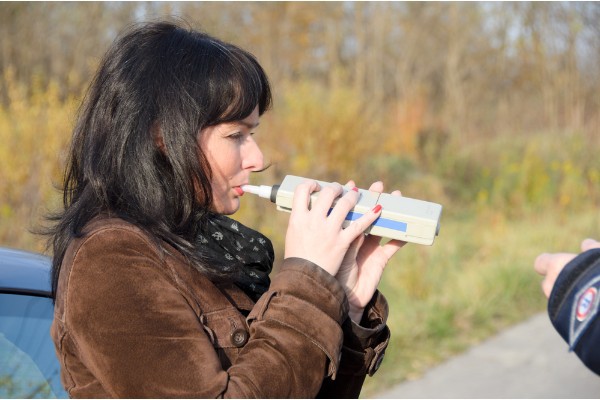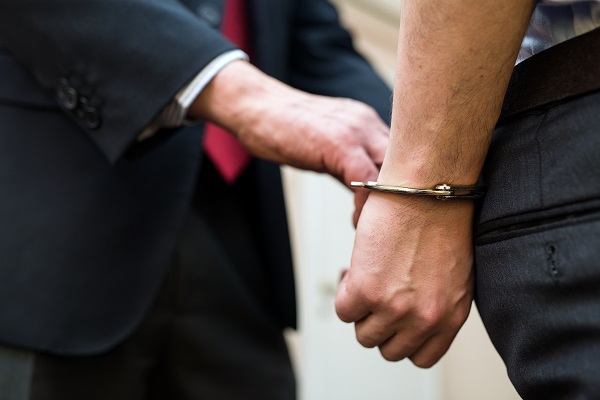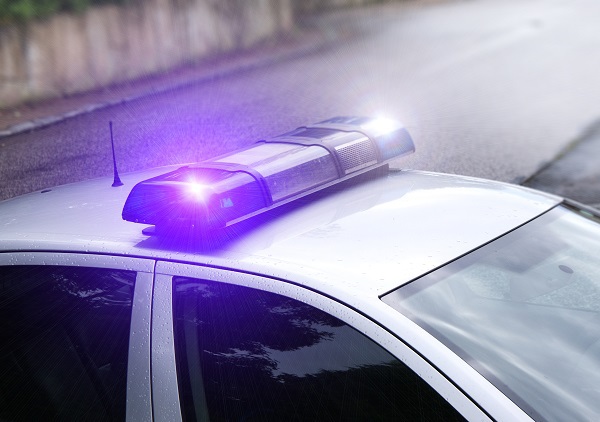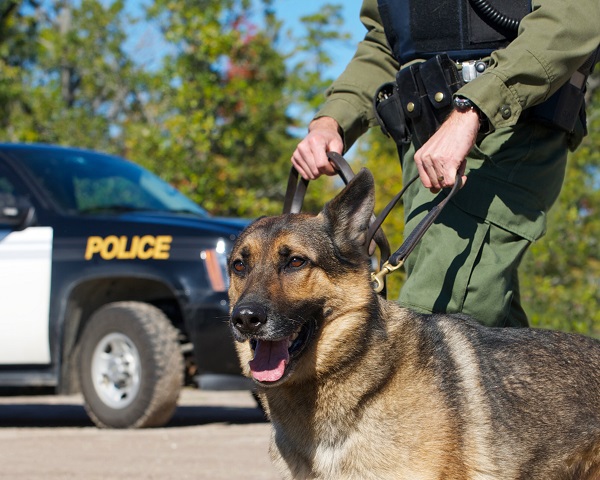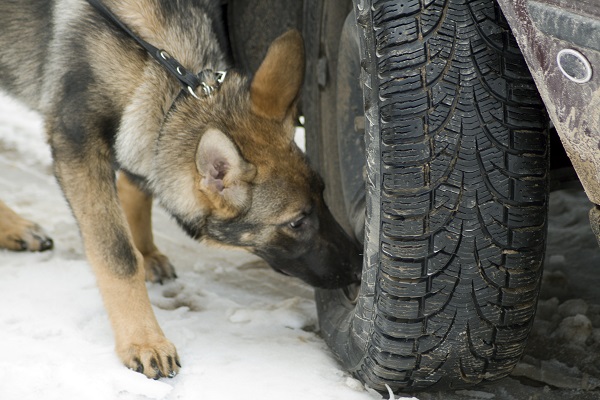Canada’s Strict New Testing Law Indicates Trend of Stronger DUI Enforcement
Canada’s new law eliminating the reasonable suspicion requirement for BAC testing indicates a general trend of stronger DUI enforcement in North America. While one government official argues that the law is for the common good, opponents see it as a law enforcement overstep. What Does the New Law Do? The new Canadian law permits police officers to detain suspected drunk drivers and demand BAC tests without needing reasonable suspicion of DUI. They can even come to someone’s house and require him or her to take a BAC test – as long as two hours after he or she drove. As one...
Continue reading

